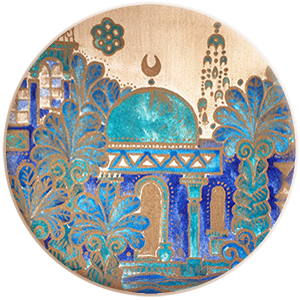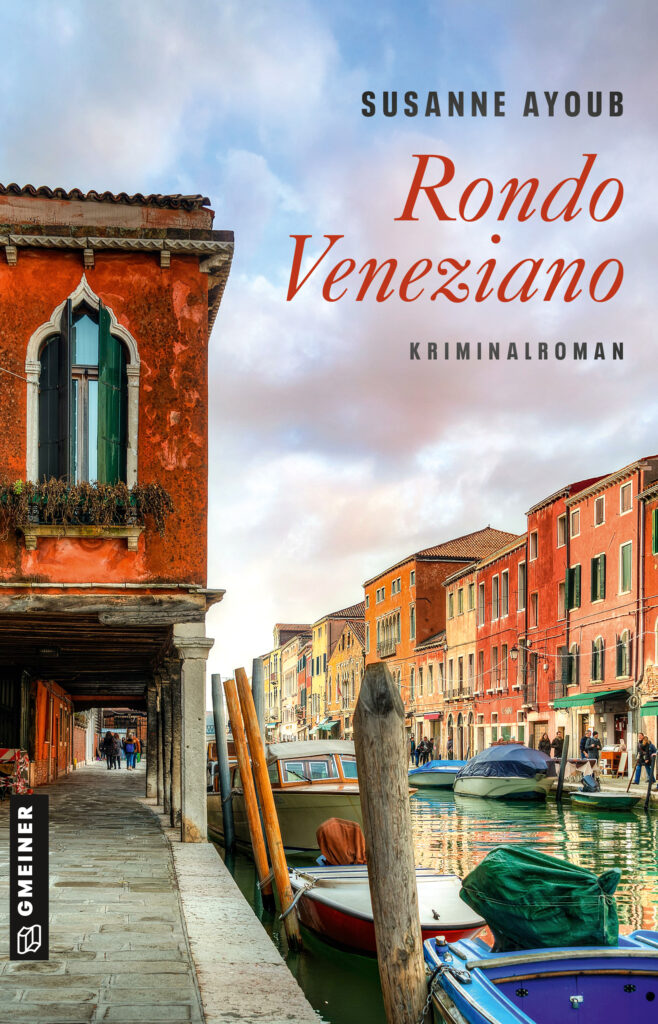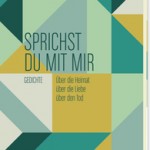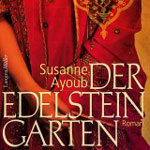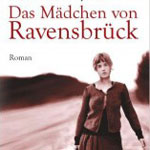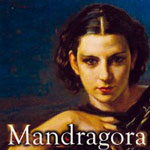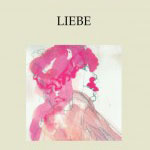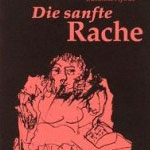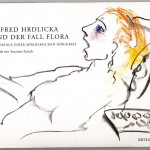The audiobook version of my first novel, “Angel’s Venom,” is available again, reissued by the Danish publishing house Saga Egmont (Copenhagen 2021).
Poverty is the pinch of shoes that are too tight because children’s feet grow so quickly. Poverty is being sick without medicine because the doctor’s fees are unaffordable.
Poverty is soup kitchen fare, a seat at a table in a charitable shelter where the needy sleep sitting up. They have no bed. Poverty is the glad feeling in frozen fingertips warming by a fire on a cold winter night. Poverty is a pauper’s grave.
Poverty is where romanticism has no home, only pain and dark rage against the others who have everything and keep it from you, as if you didn’t have the same right as they have to survive.
“As a young girl I liked to imagine what it would be like to be poor. Really poor, like in The Little Matchstick Girl, Hansel and Gretel, or The Star Money, freezing and hungry and all alone in the world,” Marie Horvath says. She can imagine the child with bare feet in oversized clogs, but not that this child owned no other shoes.
I rewind the thread of fate, from me back to Karoline, to her beginnings, which themselves are nothing but a continuation. Lotte Loew, at the window in the signalman’s hut, dreaming like the mute husband over his postage stamps, two disillusioned people at my mother’s cradle. They too deserve my attention, they too had their reasons, their motivations, they too carried on. The ball of blame is tossed backwards from generation to generation, until the trail gets lost in the past, in faceless ancestors. In the artfully fashioned mesh, interwoven by encounters and circumstances, torn, knotted, and patched, I seek out my story. And Marie Horvath, that child of her times, listens, intent yet impatient, because I distance myself farther and farther from what she calls the essence, the story, the scandal, from Karoline’s unimaginable transgression.
****************************************************************
That Kritsch had taken Karoline in like a daughter of his own was no empty phrase. In the evening, behind locked doors, he made her dress in little girl’s clothes. He plaited her long hair into braids and hung a schoolbag on her back. Then he fumbled in her panties, growing aroused by her resistance, feigned or unfeigned. Everyone knew about it, no one cared about it. Karoline herself seemed content with her situation.
“He wanted to educate and raise her, to make her into a proper young woman who could move in his social circles, sit at our table as our coequal. But of course that was out of the question. We really thought that was going too far.”
“Get to the point, Herr Kritsch.” The examining magistrate rapped impatiently on the thick dossier on his desk. “Do you have anything to say that will help solve this crime? I have sent for the old autopsy report. Moritz Kritsch was seventy. High blood pressure, hardened arteries, overweight, cause of death brain stroke. The report leaves no doubt that your father died a natural death.”
“He had just taken out life insurance with her as the beneficiary! Doesn’t that sound familiar to you, Herr Councilor? And no one became suspicious in these cases, neither the aunt nor the lodger woman, isn’t that right?” Johann Kritsch leaned in conspiratorially toward the judge. “I know it wasn’t poison, that was settled clearly at the time. But she drove him to his death, she goaded him and provoked him until she blew out the flame of his life, just as if she had laid hands on him herself! That’s what a cold-blooded criminal she is!”
“Prepare yourself for the end,” the doctor said. That night, Karoline had hastily called him to her husband’s sickbed. “There is no more hope.” Karoline was still wearing the schoolgirl’s dress she’d put on for Kritsch, the short little skirt with the white lace panties under it that were open at the crotch, exposing her red pubic hair when she bent over. “You’re sick. The doctor says you need rest,” she’d protested. “Drink your bouillon, you promised you would, Kritsch.”
But he didn’t feel like soup, he felt the end approaching and clung to life with his last bit of strength. “Just once more, to make me happy. Do it for me, my love,” he begged, and so Karoline slipped reluctantly into the tight-fitting children’s clothes and showed him her backside. He reached between her white thighs, except this time it was no longer desire that made him pant and gasp, but death, which pressed on his heart with its broad, implacable hand. Karoline ran, dressed as she was, to get help, and in her fright she didn’t even notice the doctor’s leer. She knelt next to Kritsch’s bed and laid her head on his enfeebled hand.
“Don’t leave me, how can I live without you, come back, Kritsch, darling, my beloved husband!”
The doctor made a snide face at this performance. Like everyone else, he knew that Karoline was merely lying in wait for the old man to die. No one felt sorry for him, he was just reaping what he’d sown. Karoline’s extravagance, her greed for jewelry and clothes and furs, which grew with every year, would have ruined Kritsch if only he’d had enough time left.
****************************************************************
Pain seized Karoline. It ran along her spine, pierced her muscles and tender fatty tissue, burrowed into the coils of her intestines, and eventually flooded her whole body. As this wave ebbed away, because the obstacle she was trying so violently to push into the light would not budge, she whimpered, weak and relieved. The stars twitched in the sky above her head. A dress rustled by her ear, a hand wiped the sweat from her brow. She smelled vinegar, which was supposed to refresh her temples, and disinfectant soap on the hand that pressed the sponge against her face. The blanket covering her tortured body was pulled off. She winced at the skillful fingers that were poking her, fumbling, probing. They awakened the pain that had been waiting for this moment and now bit into her flesh with a thousand teeth.
“No,” she cried. “Not again. I can’t take anymore!” But the great flood was already in her, breaking against the obstacle, straining and tearing at her. She heard a siren’s sound, strange and shrill, which broke off at its peak and sank back into a breathlessly strangling gurgle: her own voice. “Just breathe calmly. Deep breaths, in and out. Don’t cry, that will only sap your energy.”
Then there was no more breath, only a raging sun in her viscera, igniting a huge fire, scorching her, burning her up. The wave no longer pushed outward, it thrashed back and forth, setting the obstacle in motion, the great solar orb itself. The obstacle, the infernal agony, the child. Her son. Me.
English translation by Geoffrey C. Howes



